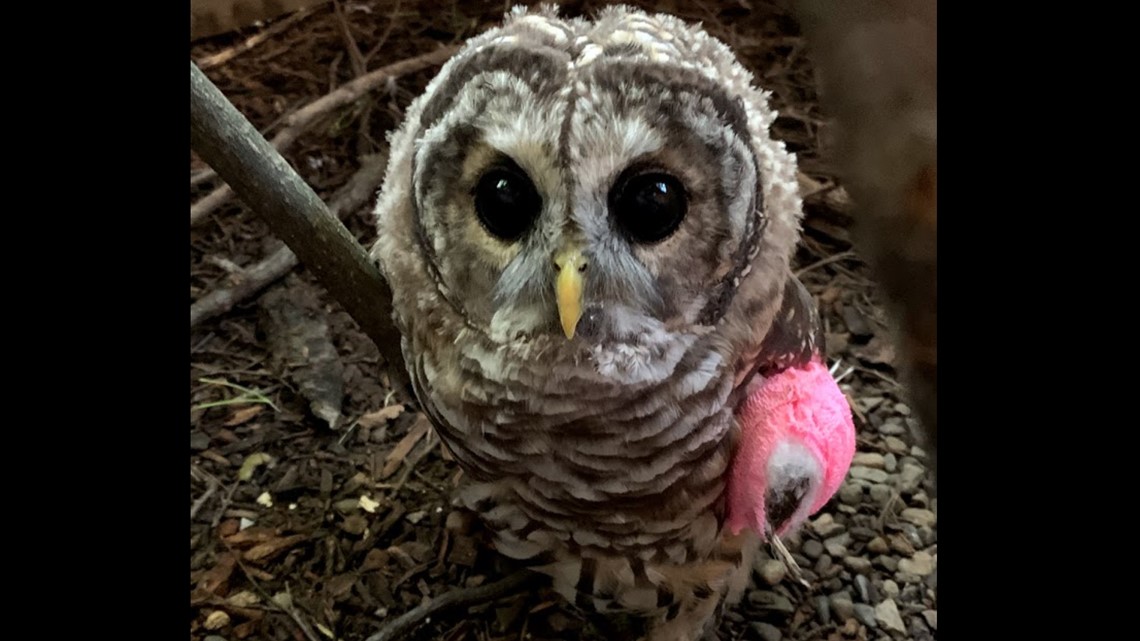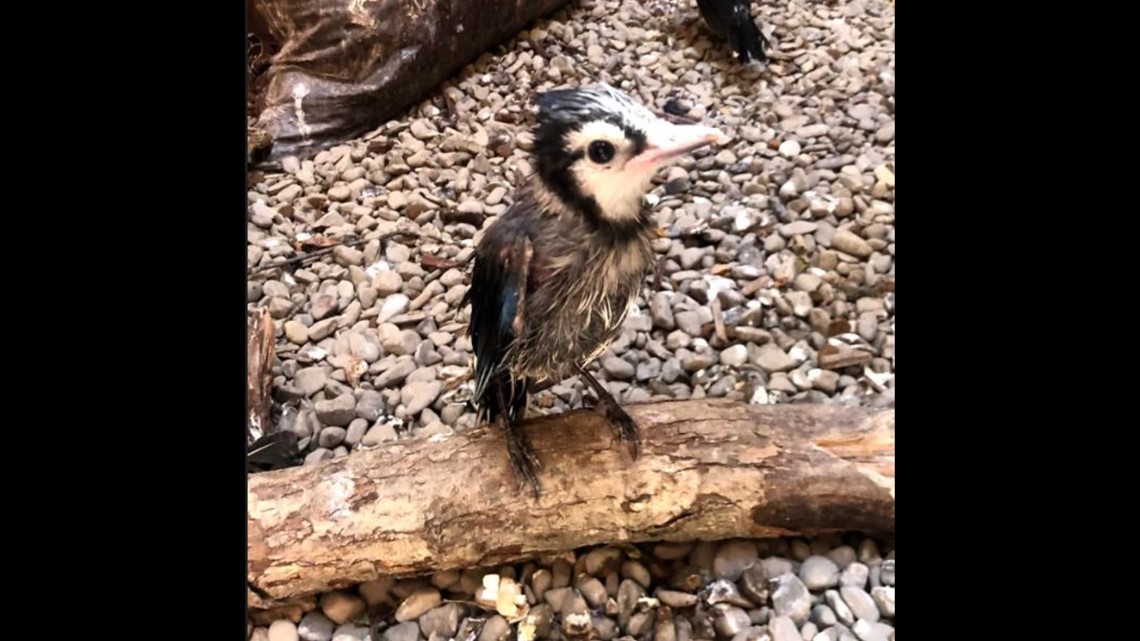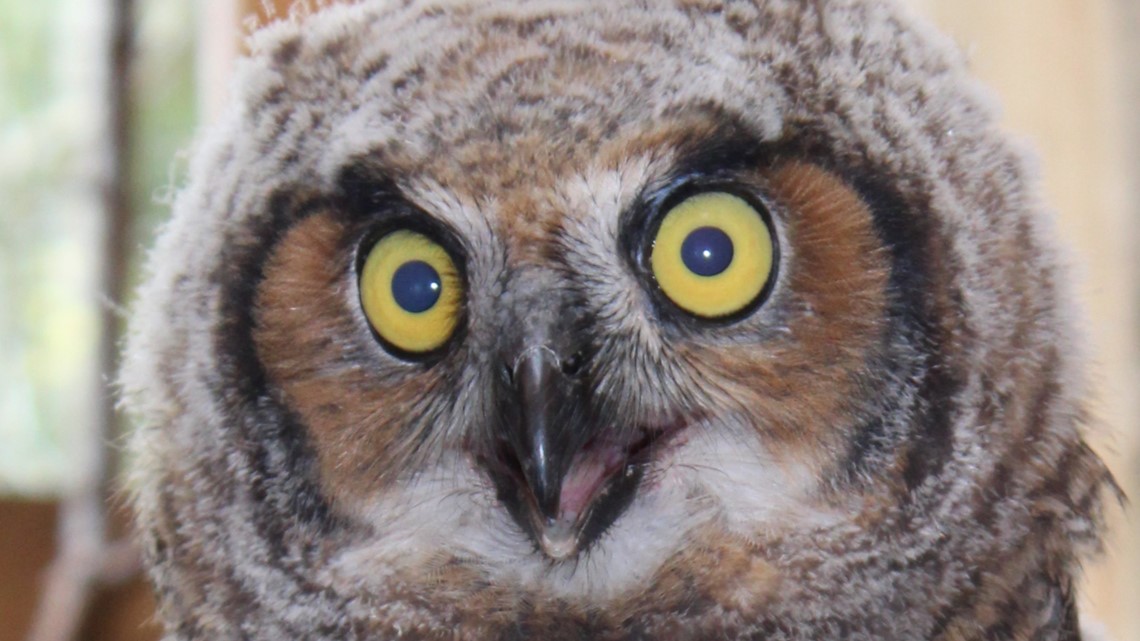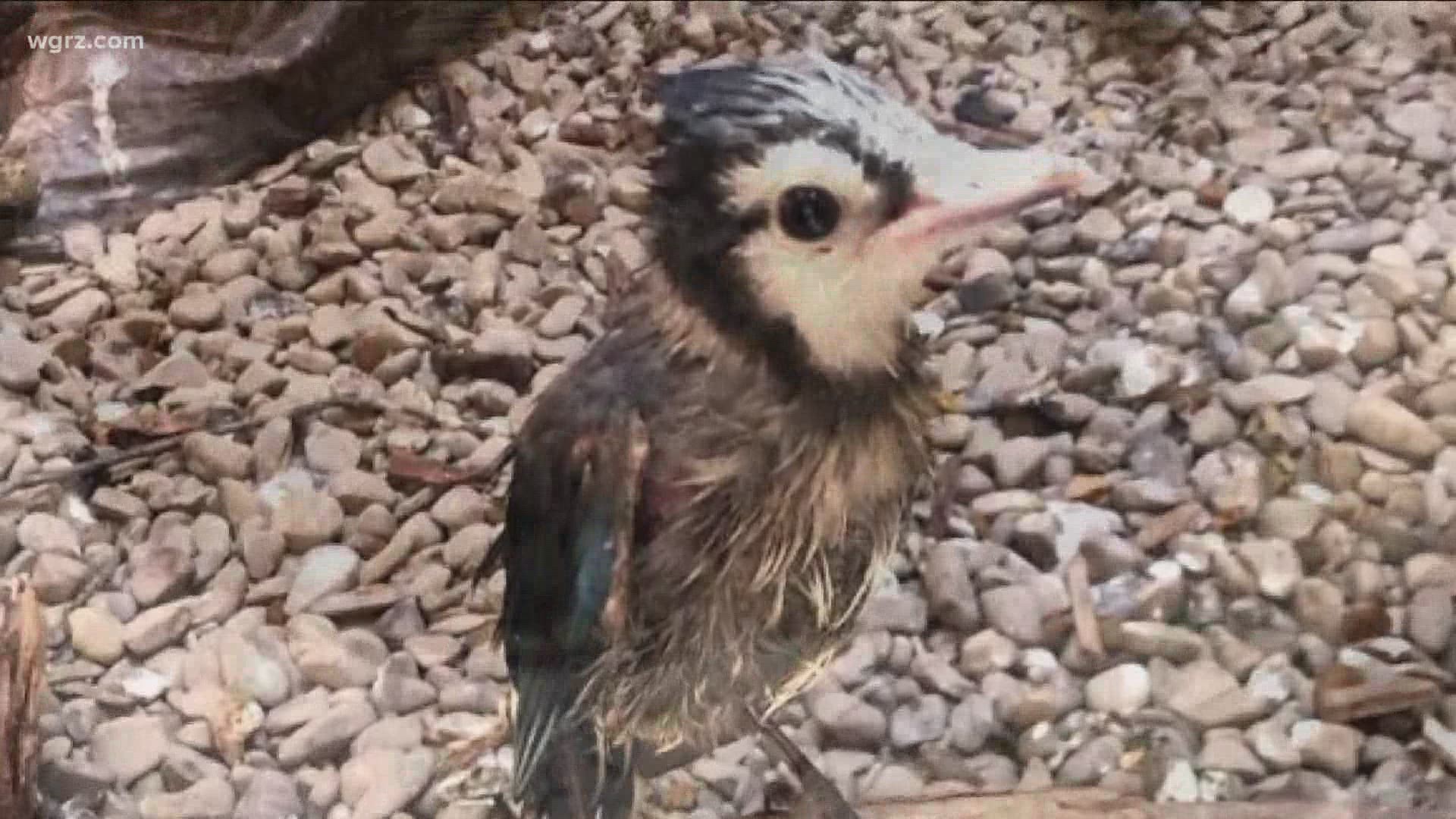ORCHARD PARK, N.Y. — The arrival of spring brings with it an eruption of life, plants and animals returning from a long winter slumber.
For wildlife rehabilitators such as WNY Raptor and Wildlife Care, the beauty of the season bears mixed emotions. It's one of the busiest times of their year for treating injured animals, says Bernadette Clabeaux, the director of WNY Raptor and Wildlife Care.
"It's breeding season, and migration season, birds are coming back into the area, and so oftentimes they'll be caught by dogs, cats, vehicles, window strikes, all kind of stuff. Tis the season," Clabeaux said.


One of the most frequent patients are baby animals, both mammals and birds. Clabeaux says that in the case of young birds there's an easy rule of thumb to discern whether or not they need help.
"If it's not feathered, and kind of just laying there, it's probably just a nestling so you can actually pick it up and put it back in the nest, and mom will still feed it," Clabeaux said. "If it's a fledgling that means it's hopping around and it's feathered you might just want to watch it and see if the parents are still there."


Sometimes an injury is obvious, and a rehabber needs to be called. The New York State Department of Environmental Conservation (NYSDEC) has a list on its website of rehabbers across the state. While you're waiting for help to arrive, Clabeaux says there are a few things you can do to help.
"You can just put it in a box with a fleecy towel, keep it in a warm, quiet, dark place, and hopefully someone gets back to you as soon as possible," Clabeaux said.
Nature has a way of taking care of itself. Sometimes the best action is no action at all.
"Use your skills, observe, if you don't notice anything, just keep your eye on it," she said.


Aside from treating the animals, funding and facilities are also a challenge. WNY Raptor and Wildlife Care is currently planning to build a new enclosure to meet their needs. Clabeaux is grateful that they've had community support in the past and will need it again now for this project.
"Just knowing that we can give back to nature what we've taken away, through development, deforestation, pollution, just giving back in that one small way really makes a difference," Clabeaux said.
If you'd like to help the center fund their new enclosure, you can find more information by clicking here.

